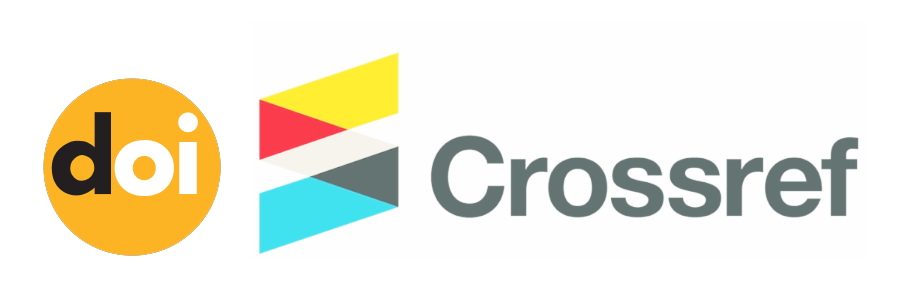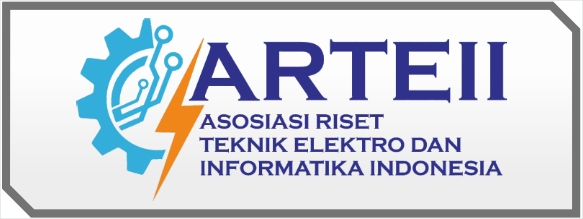The Effectiveness of Artificial Intelligence and Deep Learning Tools in Enhancing Academic Journal Writing: A Mixed Methods Study of Arabic Language Education Students in Indonesia
Abstract
This study investigates the effectiveness of Artificial Intelligence (AI) and Deep Learning (DL) tools in enhancing academic journal writing skills among students in the Arabic Language Education program at UIN Maulana Malik Ibrahim Malang. Utilizing a mixed-methods approach within a quasi-experimental design, the research involved 90 final-year students divided into experimental and control groups. The intervention group employed AI-based tools such as ChatGPT, Grammarly, and Quilbolt throughout the writing process, while the control group relied on conventional methods. Data were collected through pre-test and post-test assessments, reflective journals, and structured questionnaires. Quantitative results showed a statistically significant improvement in writing performance among students who used AI tools, with large effect sizes (Cohen’s d > 1.0). Qualitative findings revealed that students engaged critically with AI outputs, valued teacher feedback, and developed ethical awareness regarding authorship and originality. The integration of AI tools also increased student confidence, enhanced writing fluency, and promoted autonomous learning. However, limitations in semantic precision and rhetorical fit especially in theology-specific content necessitated human revision. These findings affirm the role of AI as a cognitive scaffold in academic writing and highlight the need for culturally responsive, ethically guided AI integration in language teacher education.
Keywords: Artificial Intelligence, Academic Writing, Deep Learning, Arabic Education, Cognitive Scaffold
Full Text:
PDFDOI: https://doi.org/10.56357/jt.v21i1.429
Refbacks
- There are currently no refbacks.






 ADDITIONAL MENU
ADDITIONAL MENU
 COLLABORATION
COLLABORATION

